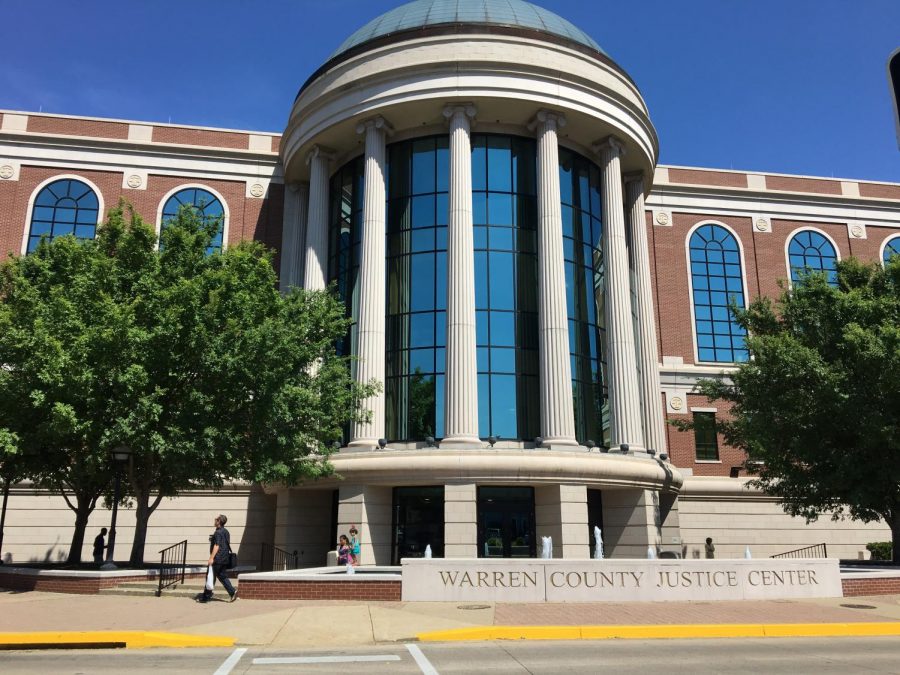State press association commits nearly $14,000 to Herald’s legal expenses
January 24, 2019
Editor’s note: This story previously stated inaccurately that the Herald had an ongoing lawsuit against WKU. The Herald is defending a lawsuit filed by WKU against he publication. The Herald regrets the error.
The Kentucky Press Association Legal Defense Fund has agreed to give the College Heights Herald nearly $14,000 in legal support to defend a lawsuit filed by WKU against the Herald.
Tom Caudill, the KPA Legal Defense Fund chairman, confirmed the legal support with the Herald, saying the committee approved the amount this afternoon, which covers half of the Herald’s legal expenses in the past year.This is in addition to the $10,000 in legal support that the defense fund gave the Herald last year.
The Herald has also previously received $5,000 from the Society of Professional Journalists, as well as $7,000 from Student Publications alumni in order to fund the legal expenses for this lawsuit.
“We will continue to award money every year as long as this case goes on,” Caudill said. “The members of the committee … feel strongly that this is an important case. We want to provide assistance to the Herald.”
For disclosure purposes, Caudill serves as a member of the Student Publications Advisory Board and is a former Herald editor.
The Herald’s ongoing lawsuit with the university was started after WKU denied a public records request submitted by the Herald in 2016, which sought access to “all investigative records for all Title IX investigations into sexual misconduct allegations levied against university employees in the past five years.”
The denial was appealed by the Herald, and Kentucky Attorney General Andy Beshear ruled in January 2017 that WKU was violating Kentucky’s open records law by not giving the Herald access to the records.
Beshear also requested access to redacted copies of the records in question, which WKU denied.
WKU sued the Herald in February 2017 in order to appeal the attorney general’s ruling.
Caudill called WKU’s efforts to conceal the records an “egregious example” of trying to make public information private.
“The public has a right to know what the settlements are, and in this time when the Me Too movement has become prominent nationally, it’s a real black mark against WKU,” Caudill said.
Digital managing editor Jeremy Chisenhall can be reached at 270-745-6291 and [email protected]. Follow him on Twitter at @JSChisenhall.


























